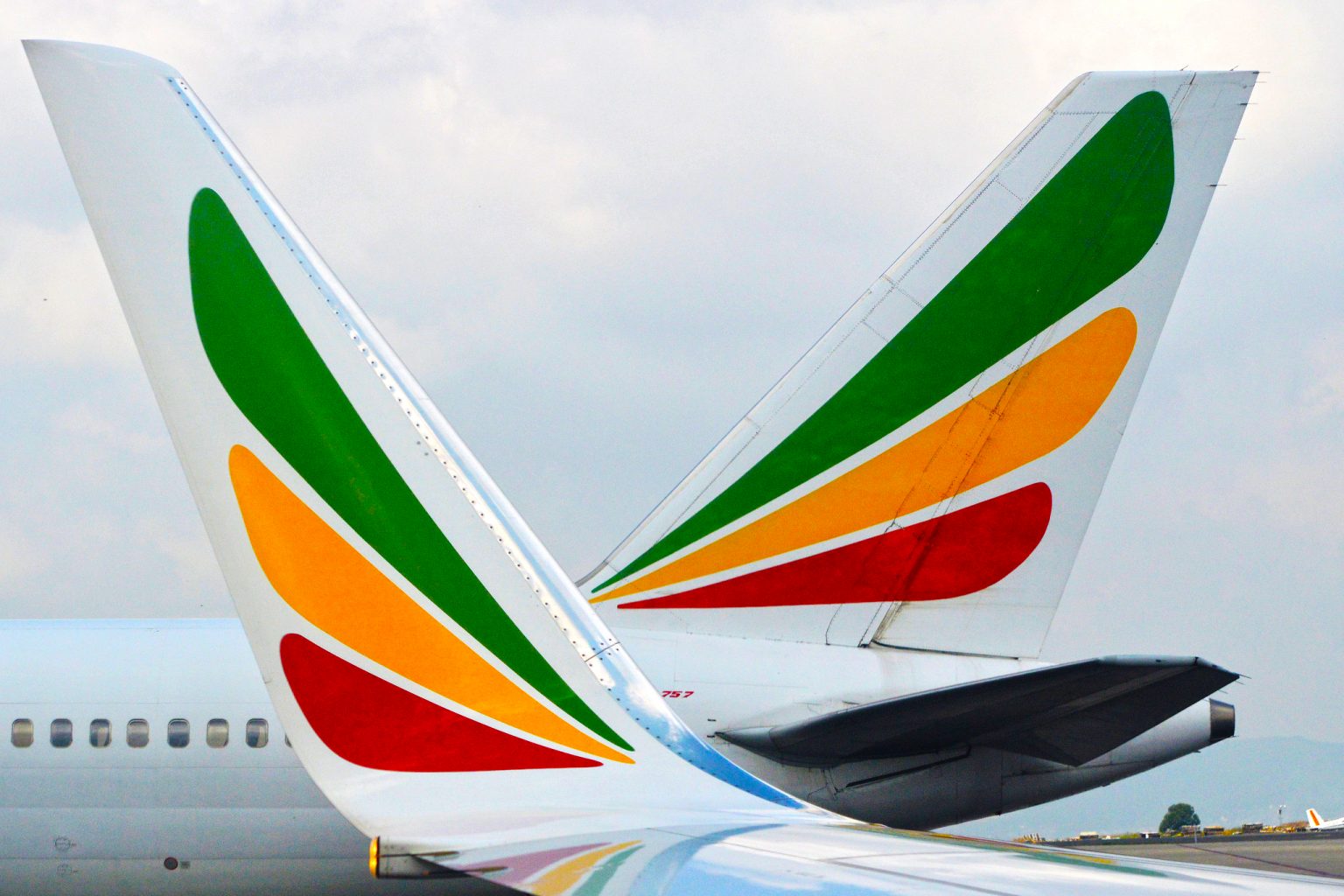Ethiopia wants to join the World Trade Organization (WTO), the historically technocrat country now wants to open its doors and become a market economy.
This means privatizing its industries, a move that the country was previously reluctant to take. However, over the last eight years, Ethiopia has been making major economic reforms and the world has begun to notice.
Under the new liberalization policy, Ethiopia will now privatize some key sectors like its telecom industry and its national pride, the airlines led by Air Ethiopia as well as its banking and logistics sectors.
The world has taken notice and to urge and nudge the country on, the international community has allowed it to resume negotiations with the WTO.
A bid 8 yrs in making
Ethiopia started to make moves towards joining the WTO some 8 years ago when it first filed its application and a Working Party was formed in the WTO to deliberate its ascension.
In January of this year, members of the working party met for the first time in almost eight years. At that meeting, the Ethiopian delegation said it was ready to work jointly with members to advance and, hopefully, conclude, the accession process by the end of 2021.
“This meeting convened almost after eight years, has been critical at least on two accounts: first, sending a clear message that the accession of Ethiopia is back; and second, Ethiopia’s engagement is decisively different from the past — it is pro-active and offensive, as the WTO accession is integral to Ethiopia’s ambitious economic reform agenda,” said the chair of the Working Party, Ambassador Morten Jespersen of Denmark.
Much to Ethiopia’s delight, the members expressed unanimous support for the resumption of its WTO membership negotiations.
The Ambassador noted that Ethiopia plays a major role in the Horn of Africa region, which has the highest concentration of WTO accession activities.
“Therefore, the resumption of the accession of Ethiopia is expected to give positive impetus to other African accessions, as well as regional integration efforts in the African continent, such as the African Continental Free Trade Area,” he said.
From technocrat to market democracy
While the previous government was willing to negotiate on trading goods, it was very reluctant to open up the services sector to privatisation and foreign investment. This stalled the negotiations. The current administration is more enthusiastic about implementing a more liberal economic policy – The African Report
In his recent media comments, Geremew Ayalew, Ethiopia’s minister counselor at the permanent mission in Geneva said by unilaterally accelerating the pace of liberalization, Ethiopia hopes to show its good will at the WTO.
“We want to be decision-makers, not rule-makers,” said. “Ninety-eight percent of world trade is between WTO members. If we claim that our economy is compatible with the current rules of the game, we have to prove it,” he told the country’s press.
Now, Ethiopia is in the third phase of the WTO accession process, where the terms of access will be drafted. However, is liberalization enough? Freeing itself from the previous command economy has not been easy and this begs the question whether the privatization process is enough to free up the market.
“Opening the market now could lead to a loss of power, because we are not yet competitive,” cautions the pundit.
And in the same breather he makes it clear that, “Ethiopia will not accept higher commitments than those made by previous LDCs to accede to the WTO.”
In fact in his opinion, Ethiopia should first strengthen its market within its current preferential agreements like the African Growth and Opportunities Act (AGOA) and the Common Market of Eastern and South Africa before vying to become a full member of the WTO.
How’s Ethiopia’s economy performing?
Commendably, Ethiopia is by all standards the largest economy in East Africa. As of 2017, it was the fastest-growing economy in 2017 in the region. (riverwestdentalid.com) However its national debt leaves much to be discerned.
In 2018, Ethiopia’s exports clocked $2.4bn, with the United States ($372m), China ($329m) and Saudi Arabia ($186m) as its main destination markets. What was Ethipia selling? Top on the list is coffee ($836m), followed by oilseeds ($363m) and then cut flowers ($232m).
With Africa’s largest airlines, it is no surprise that of the $8.3bn in imports, Ethiopia spent most of this money in the acquisition of airplanes, helicopters and/or spacecraft which totaled a whopping $659m.
Other imports included gas turbines ($418m) and packaged medicines ($320m) and who was selling to Ethiopia? China comes first pocketing a sweet $2.5bn followed by France ($722m) and India ($713m).
On the flip side of things, Ethiopia’s national debt has to say the least been skyrocketing, consider, it was about 47% of GDP in 2014 but by 2018 it hard exceeded 61%. Now the country is under constant pressure from the World Bank and the IMF to pay up.
Ethiopia was one of the first African country’s to apply and receive the Covid-19 debt relief packages and related aid.
